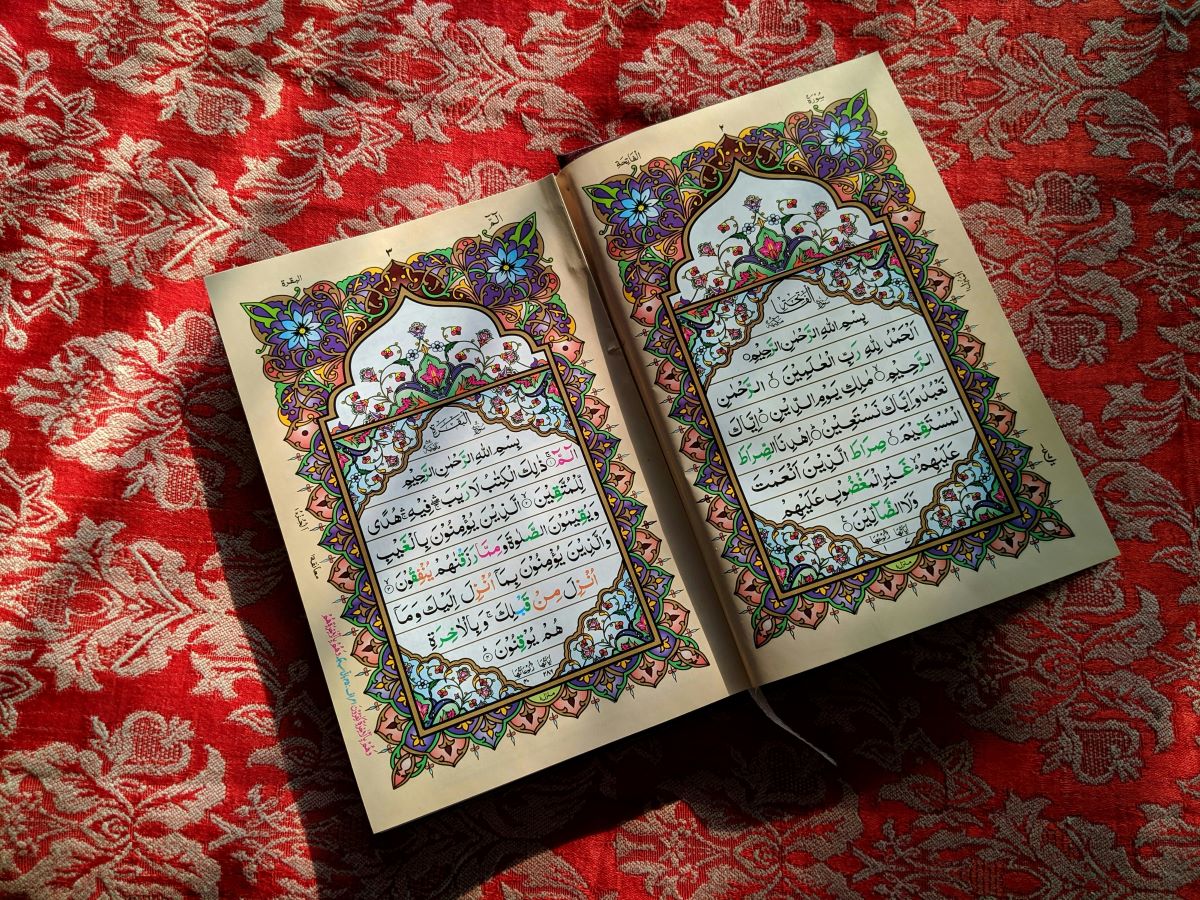
The last several weeks, we have examined what the largest Christian religions and Judaism think about the subject of Unity. This doesn’t require anyone to accept any of those religions or the actions of their adherents, just to observe that their tenets support unity and avoiding contention and division—even if they practice that preaching imperfectly. Today, we examine those teachings in Islam.
The canon common to all worshipers of Islam, known as Muslims, is the Koran, also referred to as the Quran. The Koran provides a number of instructions regarding the importance of unity and avoiding contention, specifically:
A number of prominent Muslim leaders have expressed the importance of seeking unity and avoiding disharmony and contention. In particular, the Prophet Mohammad said: “The parable of the believers in their affection, mercy, and compassion for each other is that of a body. When any limb aches, the whole body reacts with sleeplessness and fever.”
In addition, Sheikh Mohammad Ghazali, an Islamic scholar and author of 94 books who has influenced generations of Egyptians, expressed: “Islam invites people to set aside disunion and to be united. God Almighty has referred to unity in the holy Koran when he advises people to avoid disunion. Unfortunately, though, we are facing such disunion. We fight against each other under the pretext of religion and follow different paths and show extreme bigotry and hostility towards our other brothers.”
Malcom X—Islamic spokesman, Muslim minister, and human rights activist—has said: “Ignorance of each other is what has made unity impossible in the past. We need more light about each other. Light creates understanding, understanding creates love, love creates patience, and patience creates unity.”
In addition, Imam Khomeini, the founder of the Islamic Republic, has stated:
While we often don't achieve our best principles and aspirations, it's important to study them and renew our efforts to implement them in our daily lives. Among world religions, including Islam, those principles point to the importance of unity.
